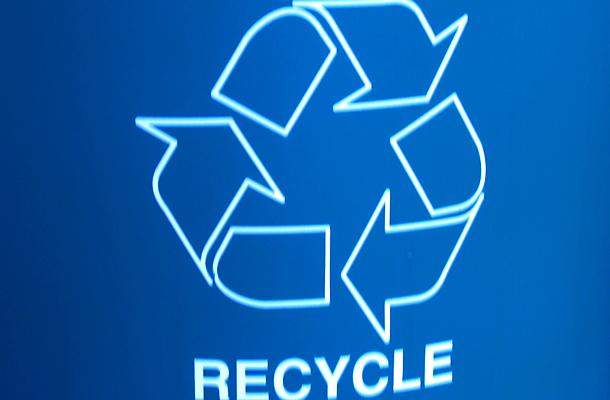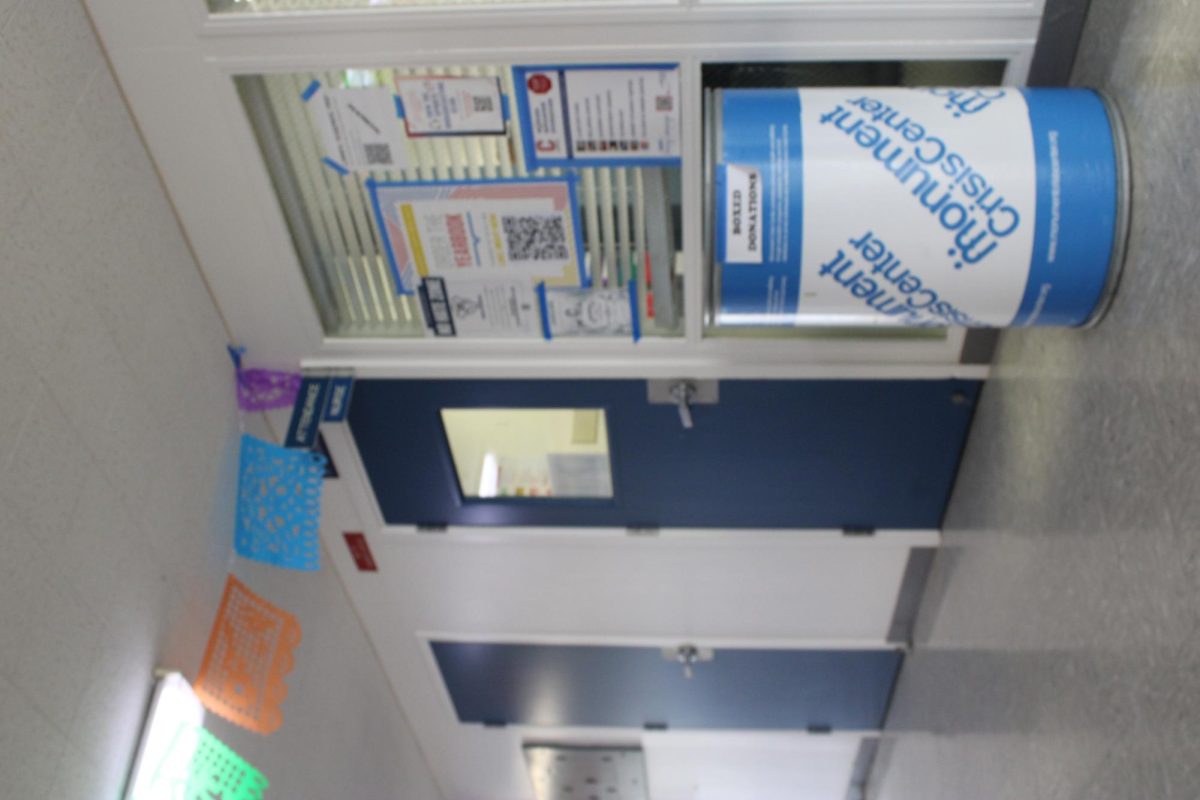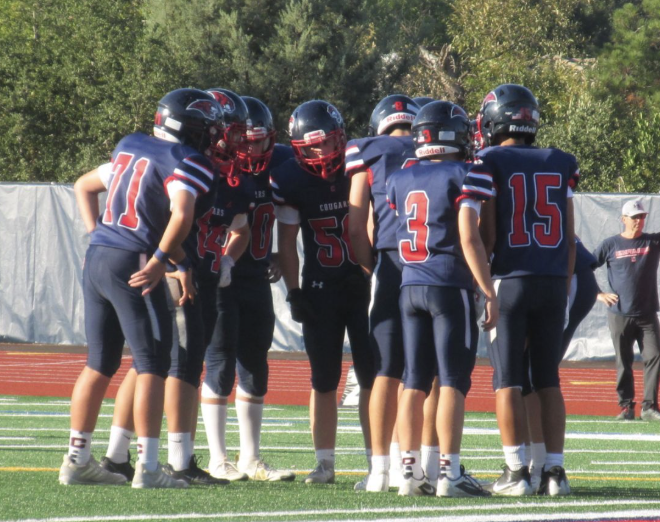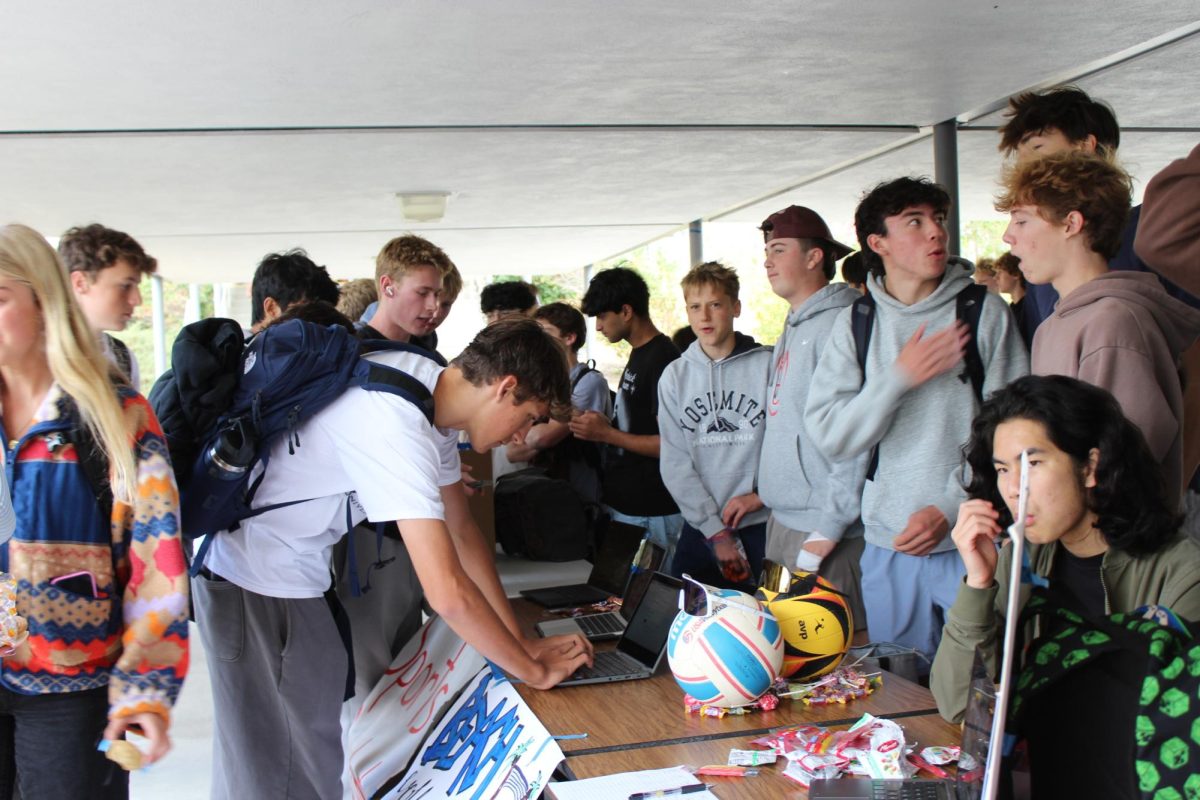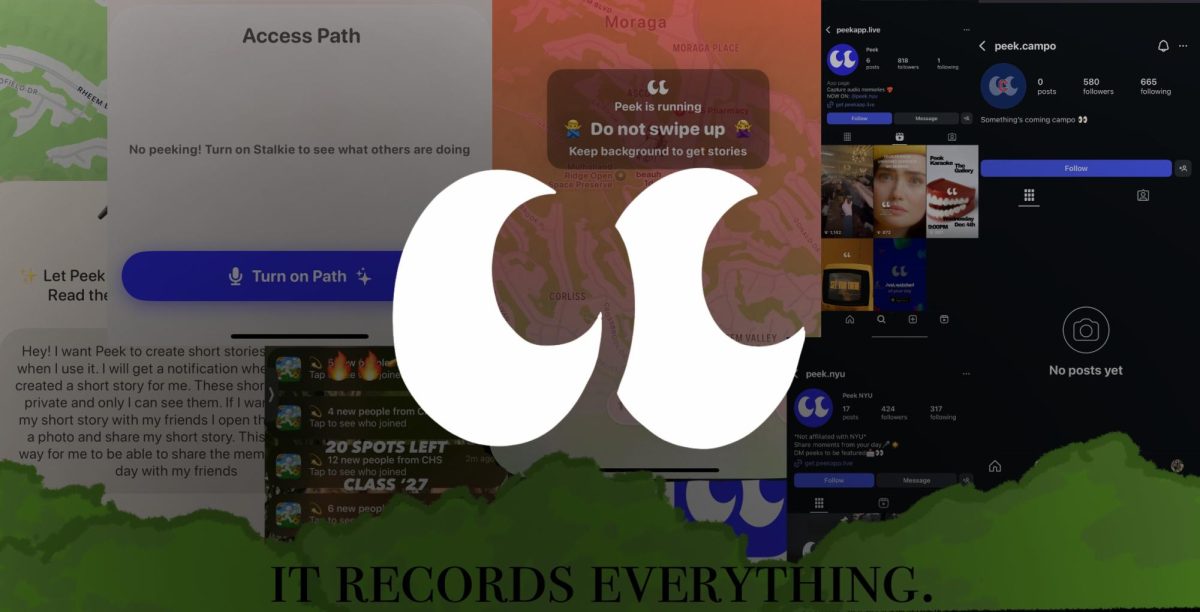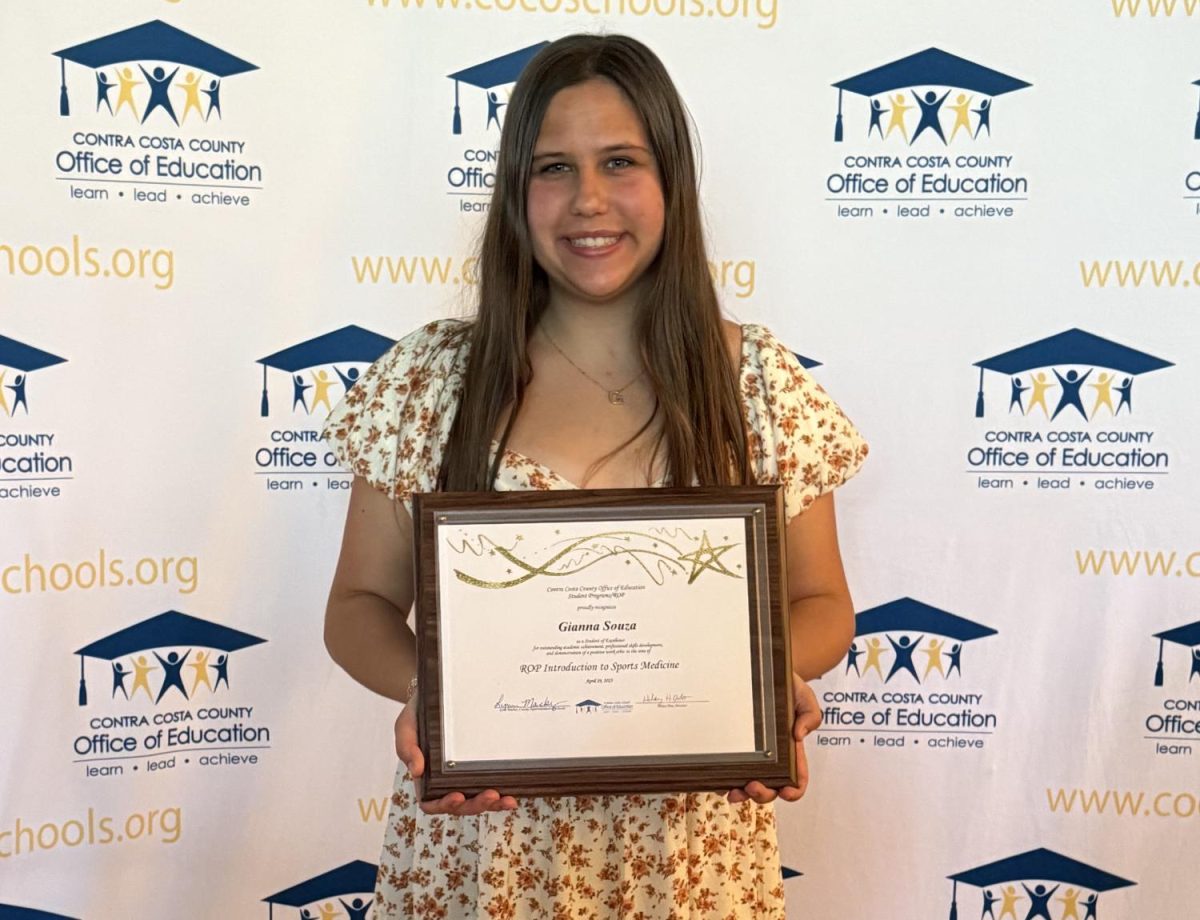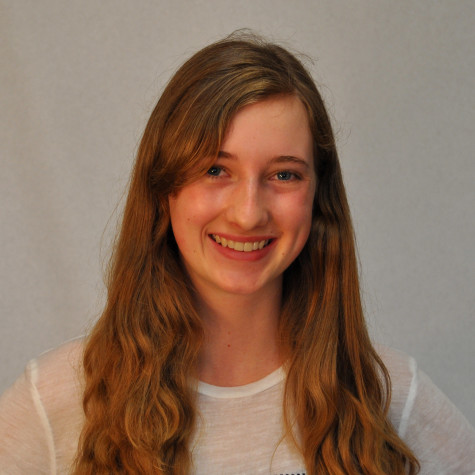Mount Diablo Recycling has teamed up with Central Contra Costa Solid Waste Authority (CCCSWA) to provide 3 seniors with a $4000 scholarship. The CCCSWA will write a check to a college of the student’s choice in recognition of each student’s work to reduce waste. Winners of this contest will be acknowledged by the Board of Directors from the CCCSWA after a Board meeting on May 28, 2015.
When the new Executive Director of the CCCSWA, Ken Etherington, realized students were not inspired to clean up their campus, he decided to offer a scholarship. He wanted to help students and reward them, making a scholarship ideal.
CCSWA contractor Ruth Abbe said the purpose of the scholarship is “to get motivated students to work on an action plan for recycling.” Abbe wants to reach the CCCSWA’s goal of getting 75% of each school to become more involved with recycling/composting.
“We are really looking for an actual diversion. We want projects that will help an increase in recycling/compost service and a decrease in trash,” Abbe said.
Whereas elementary and middle schools need parents and teachers to get involved, Abbe believes the biggest problem high school faces is its own students. “Campo students need to step up and figure out what is needed,” Abbe said. Abbe said that the Lorax Club and other similar clubs “are doing good jobs but there is a lot of room for improvement.”
Campo Lorax club co-leader Marissa Monopoli said, “The scholarship is good because it shows people like us care about the world.” Though reluctant to participate in the competition herself, Monopoli suggests her co-leader Margaret Hunger should enter. “She’s done a lot to help the group, she deserves it,” said Monopoli.
Monopoli’s partner, Hunger said, “I was thinking about applying. Any money that goes toward college is a plus. The Lorax Club is one of my passions so if colleges know I’m going to get involved with environmental clubs [it’ll help my chances],” Hunger said.
Though the Lorax Club have been putting their efforts towards a better environment by means of the school garden, things have turned in a new direction for the scholarship. Her progress for the project is something Moraga’s middle school, Joaquin Moraga, has already put into action. “We are trying to implement recycling program like getting blue bins around campus,” Hunger explains. With this idea, leaders would be around the bins to help people sort their waste. “I want our school to improve with waste reduction, compost and recycling,” said Hunger. “The ultimate goal is to have the least waste in the district.”
The Lorax Club also provides many opportunities for different scholarships based on environment improvement for community provided by organizations such as Association for the Advancement of Sustainability in Higher Education (AASHE). “[The Lorax Club] shows what we do has an impact and effects the world. It makes us look better to colleges and people,” Monopoli said.
Schools can also benefit from the program. Abbe explained, “There is a $500 grant if they get 50% service [of the school to participate in cleaning up campus].”
Abbe said, “40% [of food] grown in the USA is wasted.” These unfortunate circumstances are not enough to get students inspired to stop it. This is where the scholarships come in. “Students need to be motivated,” Abbe describes the situation.
Because of the stress and time restraints already on seniors, the program requires students to start their project early on. “It’s designed for lower classmen because they already have time available. They have time to get something up and going.” Students can be mentored at CCCSWA if they have trouble coming up with ideas. “We are here to help but we need students to step up,” said Abbe.
Miramonte and Northgate High School hold favorable spots in the eyes of CCCSWA for all their hard work in decreasing trash, so Abbe suggests collaborating with other students from different schools to help prepare for the scholarships. “Miramonte has reduced their waste by 26%. We’ve only reduced by 6%,” Monopoli said.
The main types of projects the CCCSWA are looking for include “anything that would really help composting and waste reduction at high schools, making sure its actually sustainable, and [projects] to inform students and parents what goes in what bin,” said Abbe.
Abbe believes the project will help students later in life. The projects will allow for better awareness of this issue and how to organize and make an impact on people. “The projects will bring out skill sets that will show leadership to colleges and future employers,” Abbe said.
On May 28, 2015, participants must attend a meeting with the CCCSWA Board meeting over in Walnut Creek, 1666 N. Main St. Once people have finally decided on the matter to enter the competition, they must complete and submit a form to Abbe at [email protected].
Contest directions, restrictions, and applications can be found at www.wastediversion.org.
This is the first year the scholarships are being offered, and according to Abbe, “the CCCSWA is open to any ideas.” The scholarship could be shared between 2-3 students if they all worked hard for the project at their school. “The point is to change the world,” she said.
